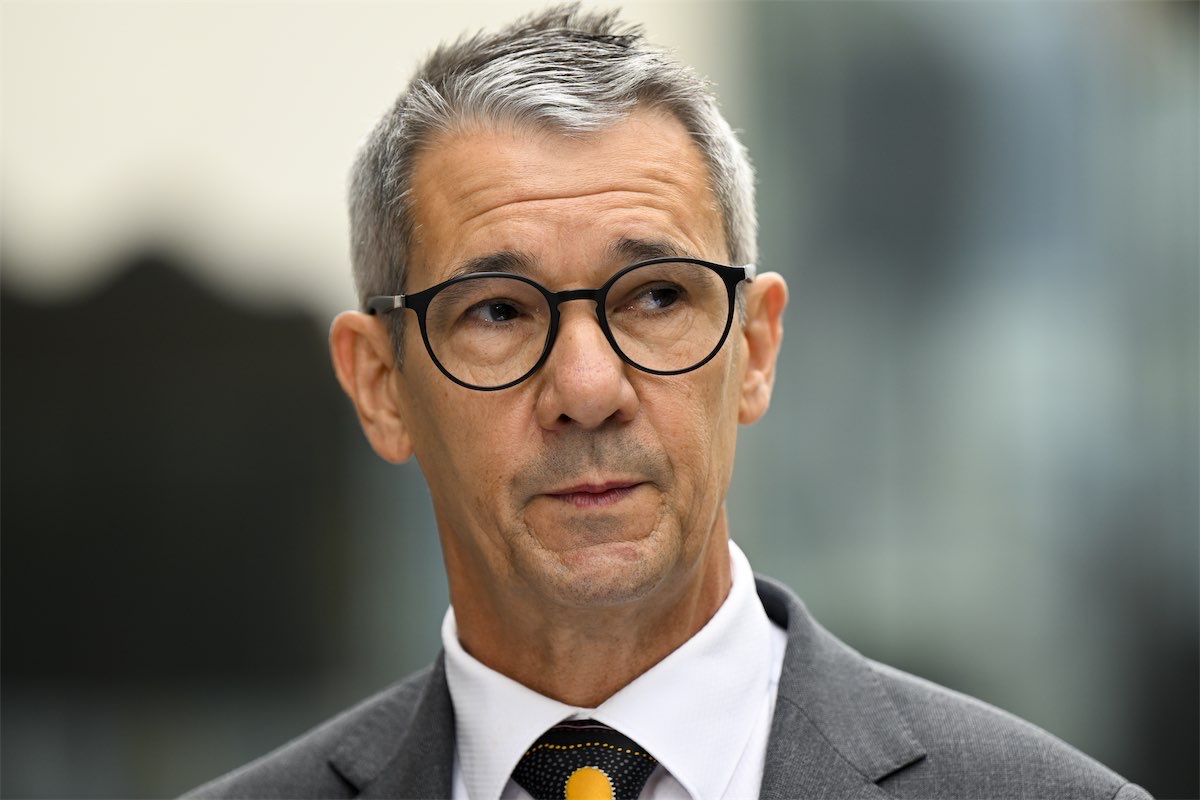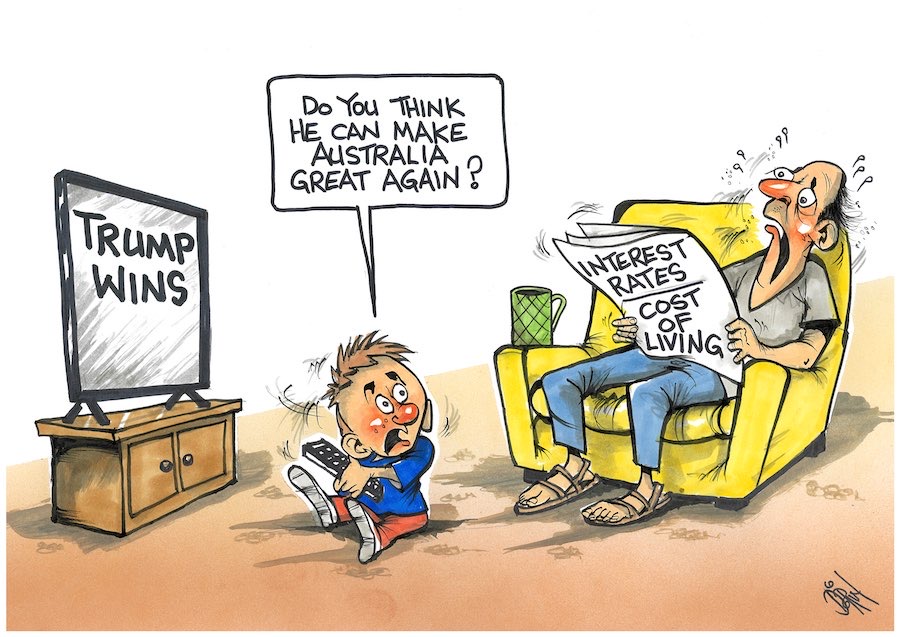
A director of public prosecutions is the most powerful actor in the criminal justice system. Law lecturer KELLIE TOOLE explains why…
AUSTRALIAN public prosecutors are far less visible than defence lawyers, judges and police, yet they are the most powerful actors in the criminal justice system.
Every Australian state and territory, and the Commonwealth itself, has a Director of Public Prosecutions (DPP). Their main role is to initiate and conduct prosecutions of serious crimes in the superior courts.
If police charge a suspect for a serious crime, they prepare a brief of evidence and provide it to the office of the DPP. The office of the DPP then assesses whether the charge is appropriate. For example, it may reduce an attempted murder charge to intentionally causing serious harm.
The DPP also has to decide whether to actually prosecute the offence. The main consideration is whether there is evidence from witnesses and the crime scene that can prove the offence. If there’s insufficient evidence, the DPP shouldn’t prosecute.
If the prosecutor decides not to prosecute a serious crime, there’s no role for defence lawyers and judges, the police investigation is of no consequence, and the suspect is free.
If the prosecutor decides to prosecute a serious crime, the lives of the defendant and the victim are changed forever.
The aborted trial of Bruce Lehrmann for an alleged rape in Parliament House in 2019 has raised multiple problems with the prosecution of rape allegations that need to be addressed (Lehrmann has maintained his innocence, and no findings have been made against him).
The resulting inquiry, which is ongoing, has shone a light on the role of the DPP.
The DPP of the ACT, Shane Drumgold, was cross-examined for a week over his handling of Lehrmann’s prosecution. Drumgold expressed concerns with the conduct of police before and after the aborted trial, and even levelled explosive allegations that he thought the case may have been subject to improper political influence. He later walked this back, and instead claimed his concerns with the police were most likely due to “a skills deficit”.
This week, Detective Superintendent Scott Moller alleged Drumgold had “lost objectivity” in the case. Moller said police “were concerned for the presumption of innocence. They were worried about putting Mr Lehrmann before the court when they didn’t believe there was enough evidence.”
Disagreements between police and DPPs are not unusual and are not necessarily a problem. Reasonable minds often differ on prosecutorial decisions, and disagreement can be a healthy “check and balance” within the system.
However, the tension highlights broader issues within the DPP system.
What is a DPP?
Australian DPPs are independent, non-political statutory officers.
They differ from district attorneys in the US.
In the US, district attorneys are elected by the people, and it’s common to see television adverts and posters of candidates spruiking their conviction rates and, in some states, their execution rates. They sell their worth to voters by showing themselves to be “tough on crime” and on the people who commit crime.
Australian DPPs are ministers of justice, appointed by the governor, to prosecute crimes fairly, frankly, and without fear or favour.
They are prosecutors, not persecutors. They work for the good of the whole community, in the interests of justice. They do not represent the police, the government, complainants or victims of crime.
They should only prosecute a case if it’s in the public interest and there’s a reasonable prospect of a conviction.
The popularity of the decision with the public or the government isn’t relevant to whether a prosecution goes ahead.
DPPs generally keep a low public profile – public touting of conviction rates is not acceptable. They explain controversial or complex decisions to the public through their websites, annual reports and media releases.
The outcome of any trial must be fair and just, and not simply a “notch in the belt” of a prosecutor.
Political dilemma
Prosecutions have not always been non-political in Australia, and in some ways they are still not. Until the 1980s and ‘90s, the attorney-general was responsible for prosecutions – but in their capacity as First Law Officer of the Crown, not as an elected party politician.
An increasingly cynical public had trouble accepting that an attorney-general could really make decisions about prosecutions without being influenced by the political consequences for themselves, their party or their government.
The independent, statutory offices of DPP were established so prosecutorial decisions were made at “arm’s length” from politics, and only matters of law and evidence determined whether a prosecution went ahead or was discontinued.
However, there was a dilemma.
Political involvement in criminal prosecutions is not all bad. Having elected representatives involved in prosecutions means that public views and community concerns about cases and trends are heard and considered.
So there’s a balancing issue: how to make sure prosecutorial decisions are not so political that they are made in the short-term interests of governments, but political enough that they reflect community standards.
To put the dilemma in legal terms, how do we achieve independence, accountability and the public interest in prosecutorial decisions?
An odd compromise
The question is answered in Australia by way of a rather odd compromise.
The DPP makes prosecutorial decisions in a statutory office independent of politics, but the DPP is appointed by the governor, who is advised by the government. DPPs are appointed for limited terms (unlike judges who are appointed until retirement), so if they displease the government, they may not be reappointed.
Also, the DPP is overseen by the attorney-general. The attorney-general’s powers differ across the country, but some can direct the DPP to take certain actions or step in and take actions with which the DPP disagrees. These decisions are not made in court, so are not necessarily transparent and they may be politically motivated.
The decision to prosecute or not raises big political and philosophical questions. But most importantly, it directly affects peoples’ lives in profound and lasting ways.
A person prosecuted for rape or murder may face extreme stigma, even if they are not found guilty.
A victim who reports a serious crime that is not prosecuted may be retraumatised and their faith in the criminal justice system shattered.
The question of who decides whether or not to prosecute is fundamental to our community and democracy. At the moment, our system has not really resolved the question of how much politics we want in prosecutions, if we want any at all.![]()
Kellie Toole, Lecturer in Law, University of Adelaide. This article is republished from The Conversation.
Who can be trusted?
In a world of spin and confusion, there’s never been a more important time to support independent journalism in Canberra.
If you trust our work online and want to enforce the power of independent voices, I invite you to make a small contribution.
Every dollar of support is invested back into our journalism to help keep citynews.com.au strong and free.
Thank you,
Ian Meikle, editor





Leave a Reply